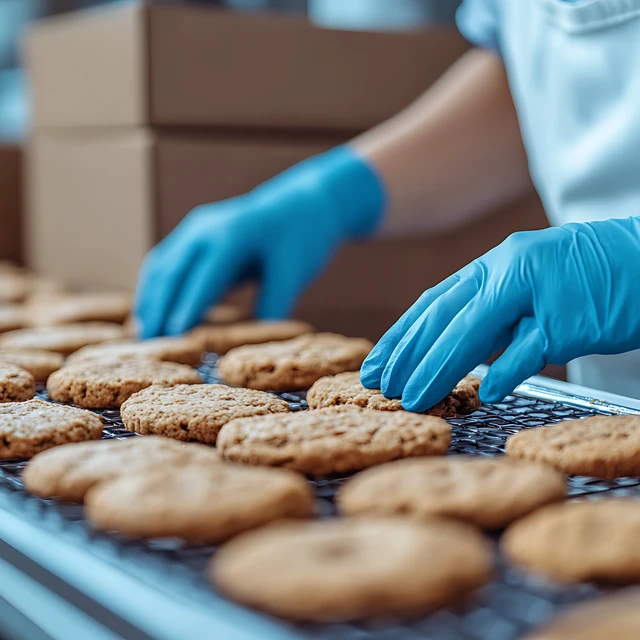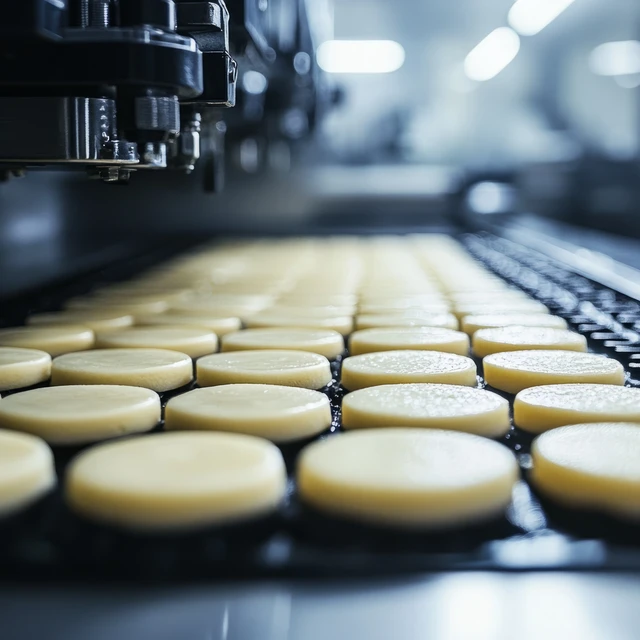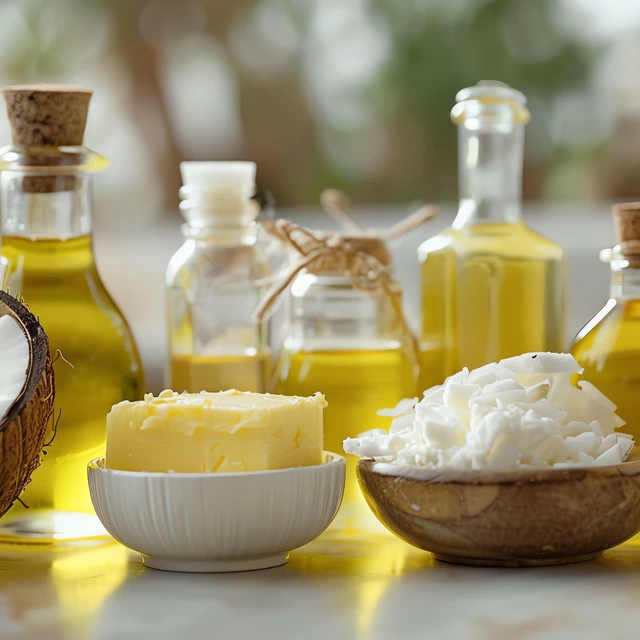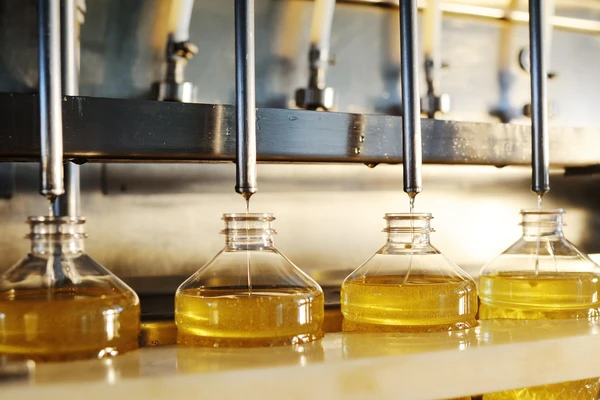
Cost-effective fat reduction for better cookies
Transform your baking with Optiva® Cookie LO – the innovative solution for cost-effective, healthier, and sustainable cookies.
Balancing costs, taste, health and environment
In baked goods—especially cookies and biscuits—fat plays a key role in texture, flavor, and shelf-life.
But with rising ingredient costs, growing demand for healthier options, and increasing environmental concerns around oils and fats, bakeries face a significant challenge. Meeting these demands without compromising on taste, texture, or overall appeal can feel like an impossible task.
Why fat is used in cookies and biscuits
Fat is essential in cookies and biscuits for several reasons. It enhances texture by coating flour and controlling gluten, resulting in a softer, tender product. Fat also acts as a flavor carrier, enriching taste and providing a rich mouthfeel. Additionally, it contributes to the enjoyable melting sensation on the palate and helps extend shelf-life by preventing staleness, ensuring baked goods stay fresh longer.

Different sources of fat
Cookies and biscuits use various animal and plant-based fats to create unique textures and flavors. Butter is favored for its rich taste, enhancing baked goods' quality. Cost-effective alternatives like palm, soybean, or canola oils provide versatility and consistency. Shortening is vital for specific textures, while margarine offers a butter-like option with a longer shelf life. Each fat type adds distinctive benefits, allowing to customize recipes to their preferences.

The downsides of high-fat products
High-fat products are costly, and negatively impact health and the planet, creating challenges for bakeries aiming to balance budget, quality, and sustainability.

Health impact
Excessive consumption of high-fat foods, especially those with saturated and trans fats, can lead to weight gain, heart disease, type 2 diabetes, and inflammation. This has driven demand for low-fat or reduced-fat options in cookies and biscuits.

Environmental impact
High-fat products impact the environment. Animal fats and palm oil drive deforestation, water use, waste, and emissions, harming biodiversity and fueling global warming. Sustainable practices are crucial to reduce these impacts while meeting consumer needs.

Cost impact
Climate change and varying crop yields can easily lead to fluctuating prices for fats and oils. Coupled with inflation and other market uncertainties, this poses a significant threat for your recipe costs.
Introducing Optiva® Cookie Low Oil
What if you could reduce fats in your recipes while cutting costs, creating healthier products, and lowering your environmental impact—without sacrificing taste or texture? Good news—Optiva® Cookie Low Oil (LO) makes it possible!
Its properties in dough can cut fat costs by up to 20% and support the use of affordable fat alternatives. Even better, sensory tests show that consumers can’t tell the difference between cookies made with Optiva® Cookie LO and full-fat versions.
Take the next step in cookie innovation
Get in touch and request a sample of about Optiva® Cookie LO today.
One more step…
To complete the get in touch form or sign up, please click on the button below to enable cookies.